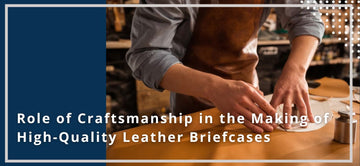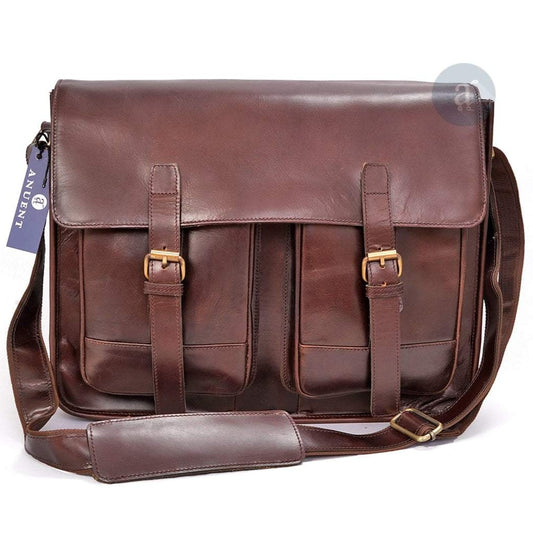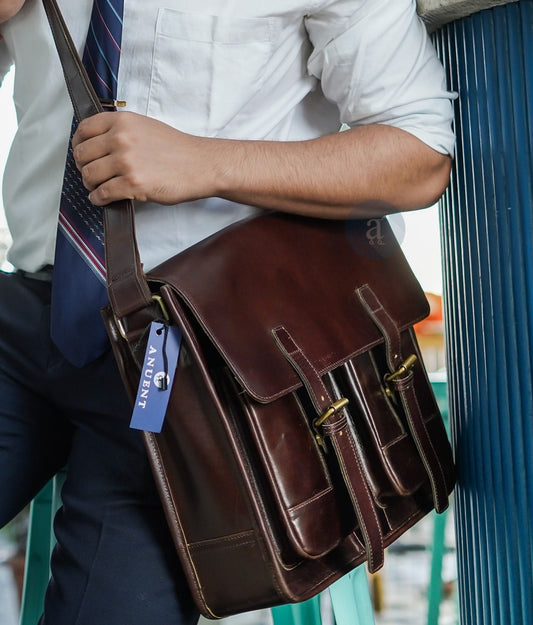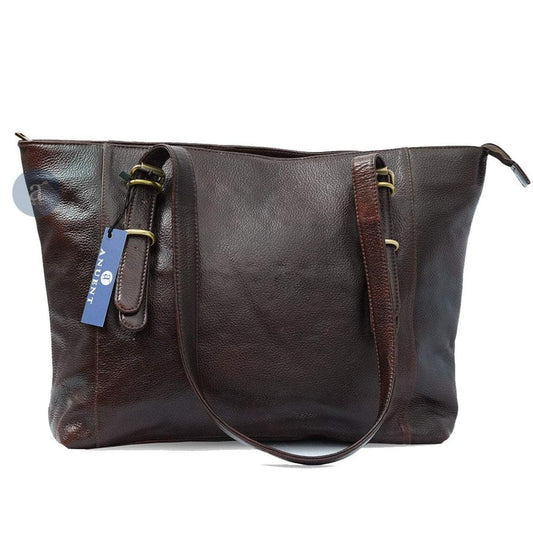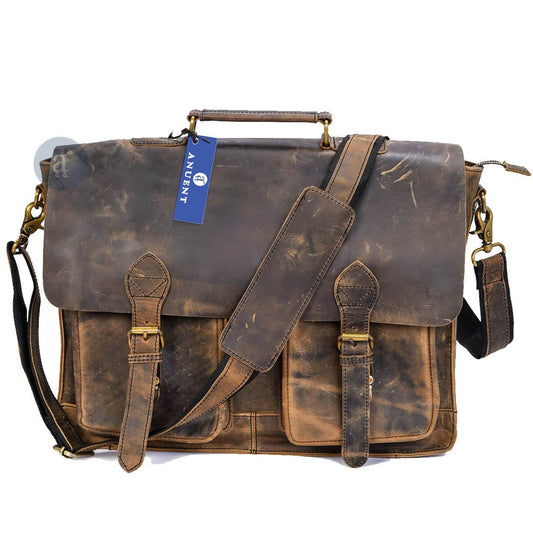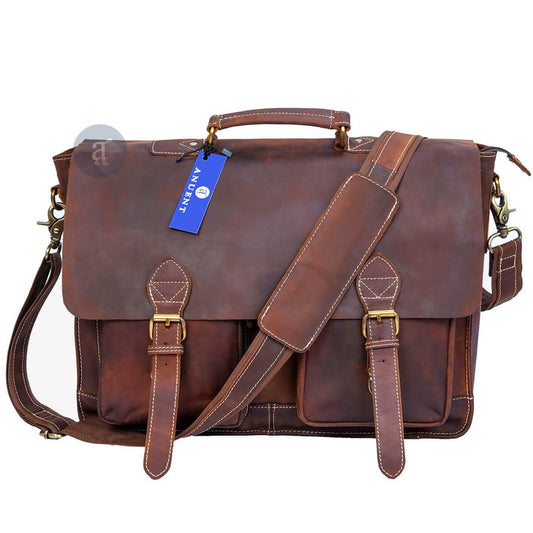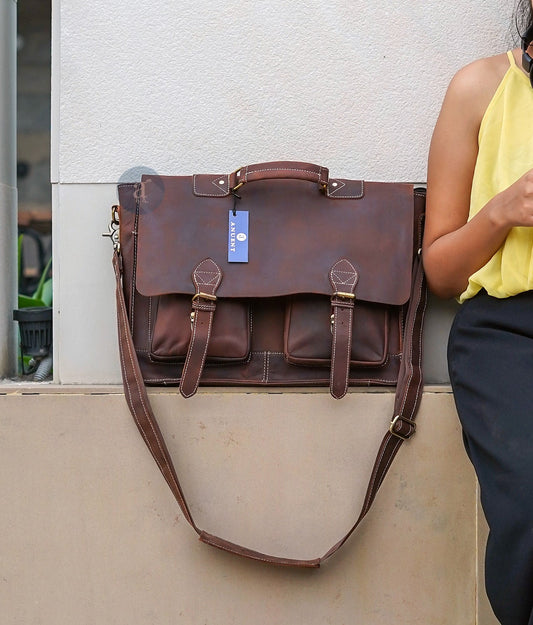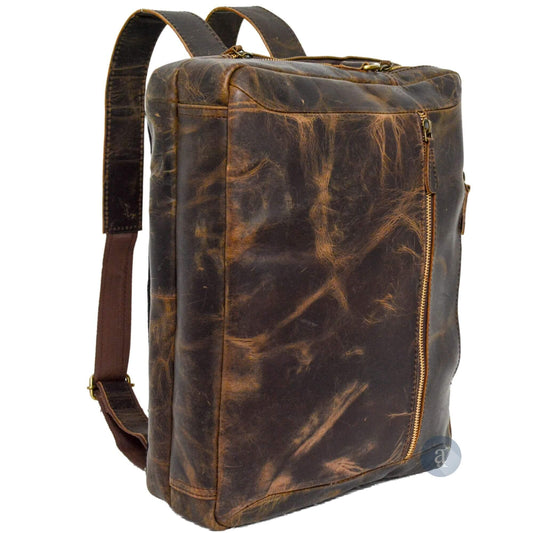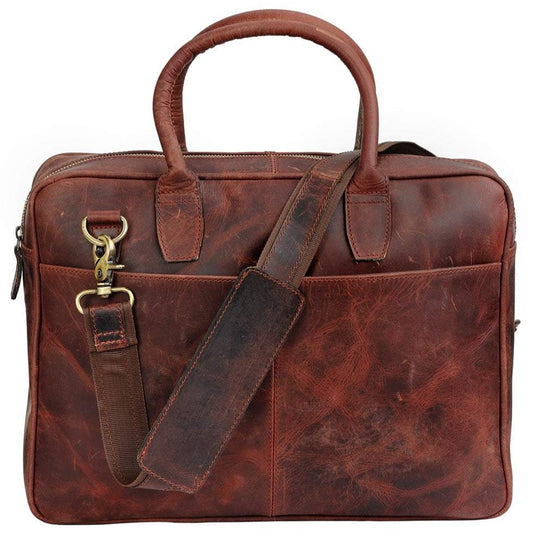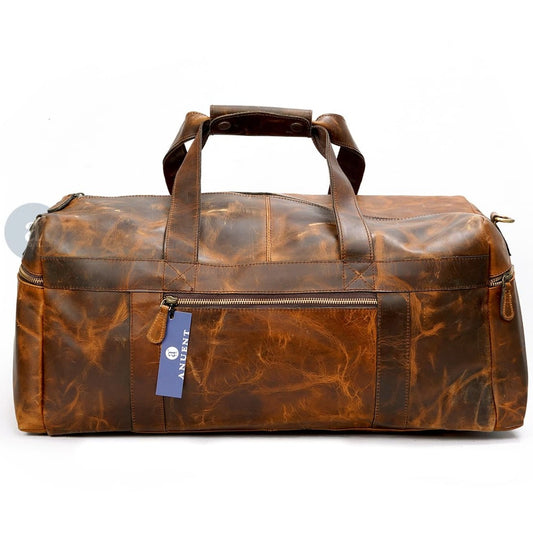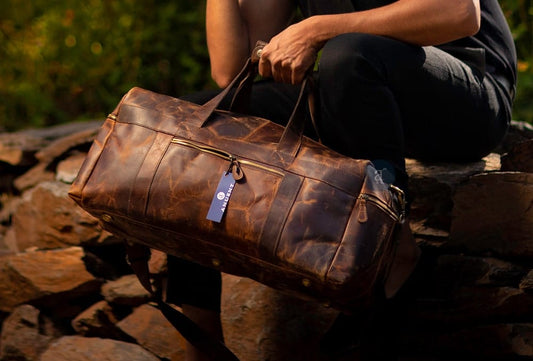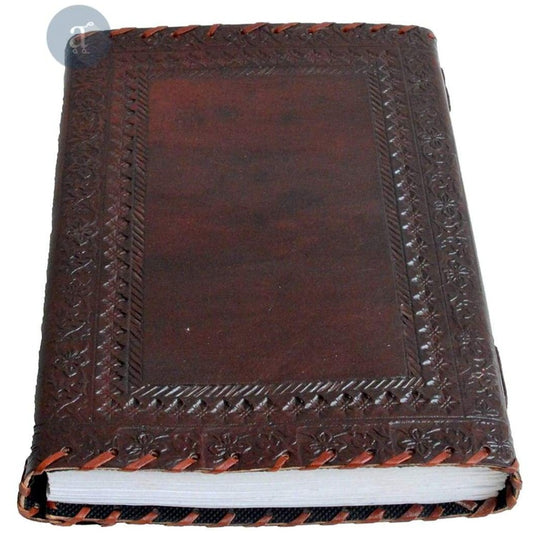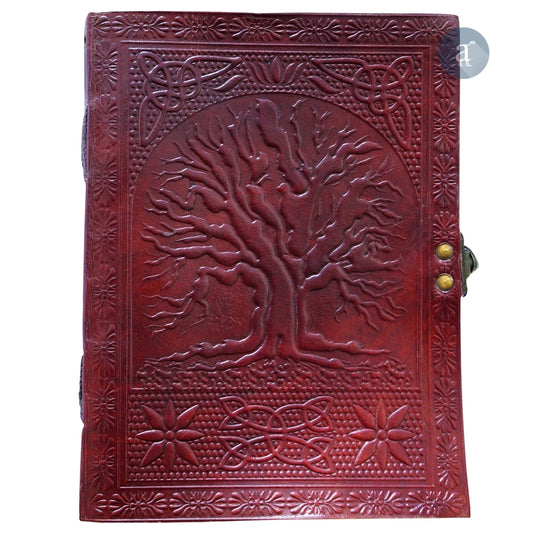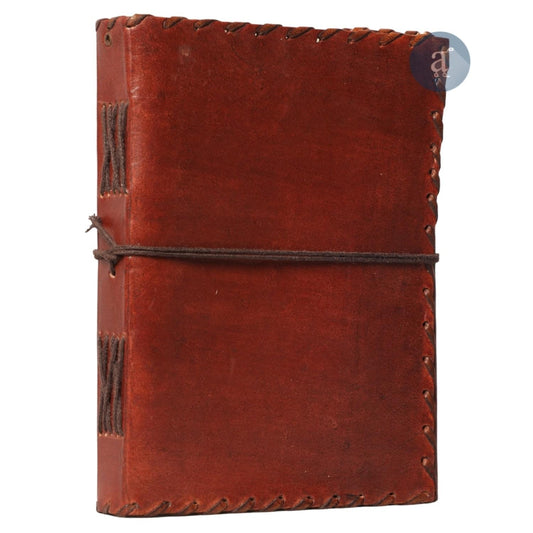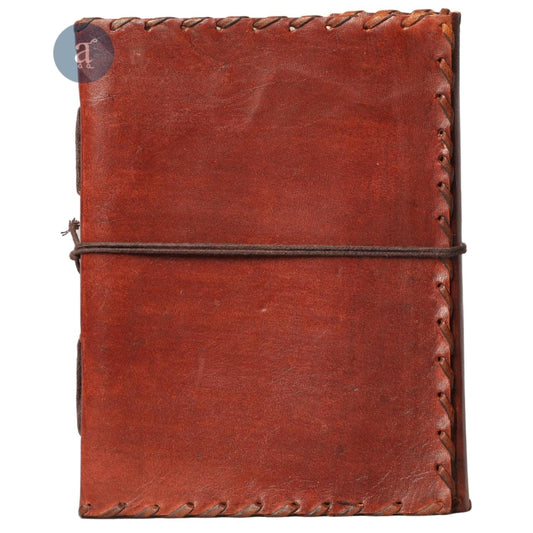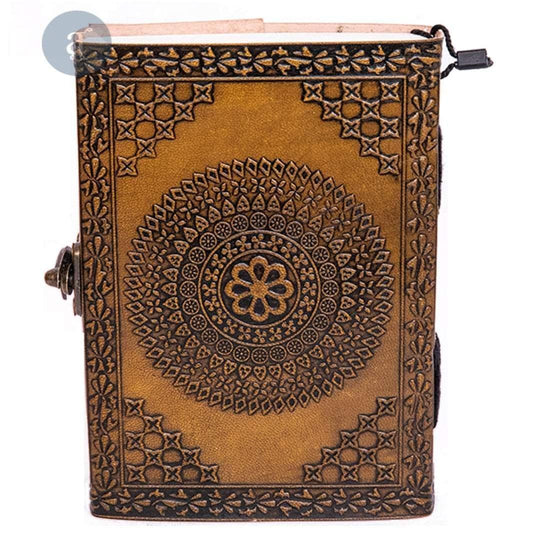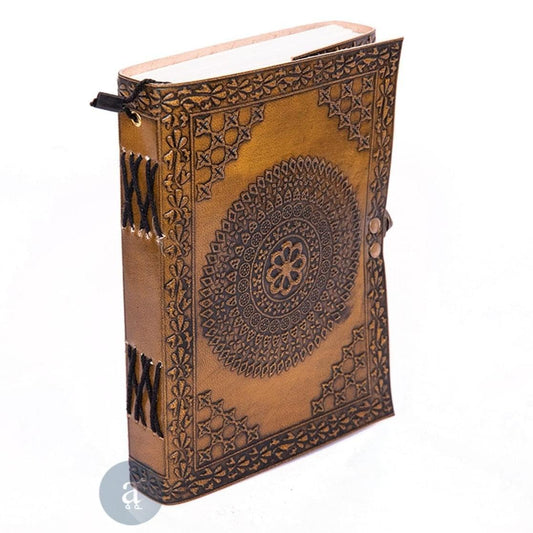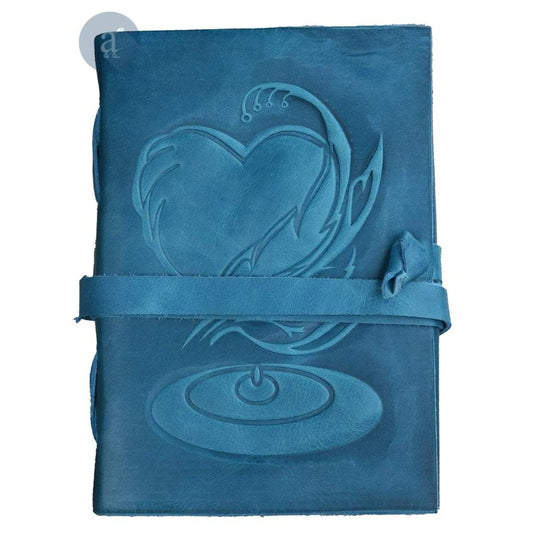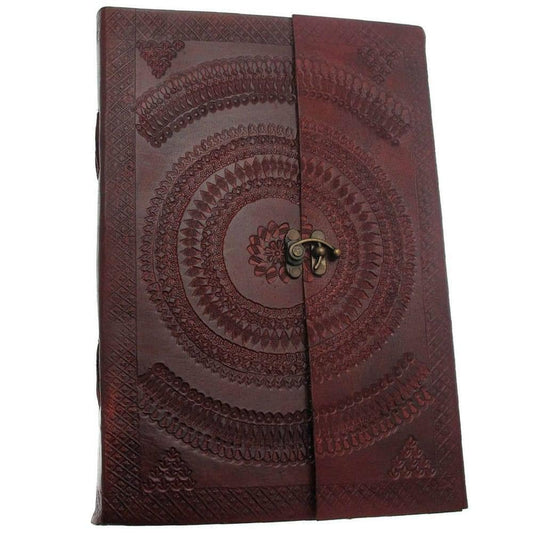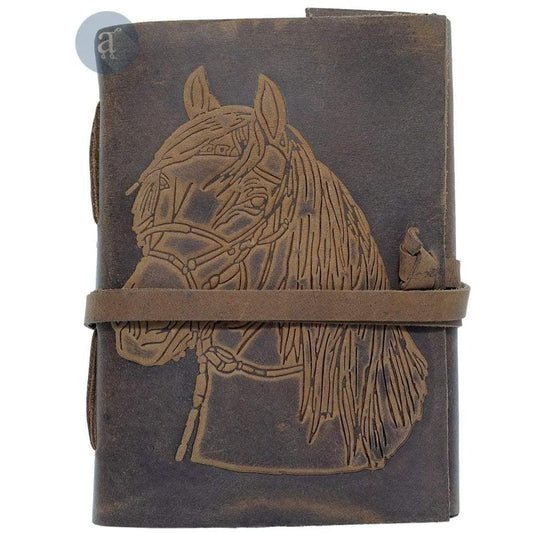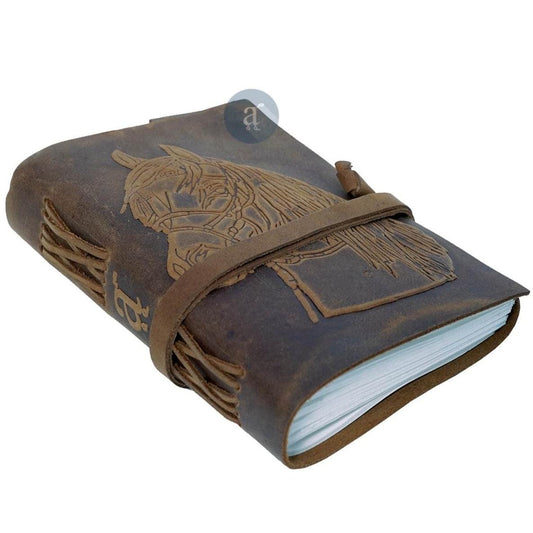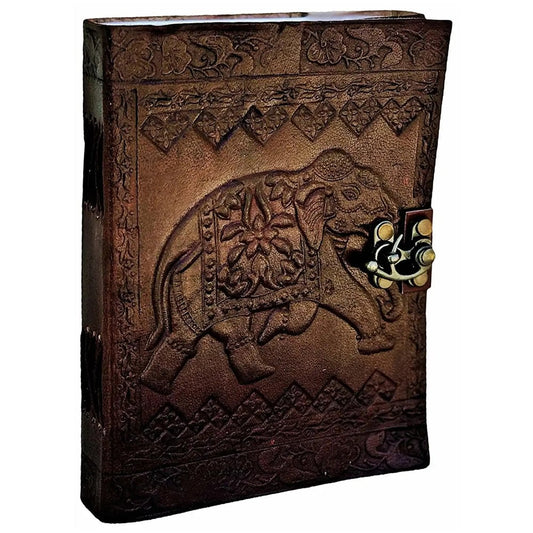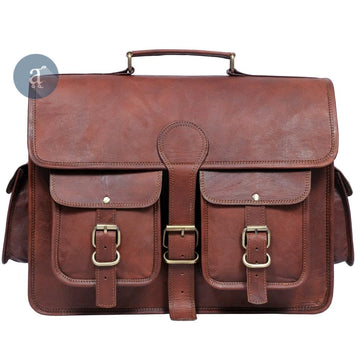In the world of leather goods, craftsmanship is a term that carries significant weight.
It represents the tradition of creating high-quality goods through time-honored techniques and attention to detail.
In particular, the importance of craftsmanship in producing leather briefcases cannot be understated.
Craftsmanship is a practice that involves a keen focus on the finer details of a product. It demands patience, skill, and a deep understanding of the materials.
This approach to manufacturing has a profound impact on the quality of the final product, ensuring that it is durable, visually appealing, and functional.
This article will explore the importance of craftsmanship in the leather industry. We will delve into the traditional and modern techniques used in leather crafting and explain how they contribute to the quality of the final product.
By this article's end, readers will better appreciate the artistry and skill required to create high-quality ones.
Elevate your professional look with The Executive, the leading choice among discerning clients.
The Importance of Craftsmanship

They are a popular accessory for people who want to add a touch of sophistication to their look.
Craftsmanship plays a crucial role in the production of high-quality leather briefcases.
What is Craftsmanship?
Craftsmanship is the art of creating something by hand. It involves using traditional techniques and tools to produce a high-quality product.
Craftsmanship is not just about making something functional; it is also about creating a piece of art that is beautiful and timeless.
How Does Craftsmanship Apply to the Leather Industry?
The leather industry is one of the world's oldest and most traditional industries. It is a craft that requires a great deal of skill and expertise.
Craftsmanship is integral to the production of high-quality leather goods. In the leather industry, craftsmanship is used to produce leather products that are functional but also beautiful and timeless.
The Impact of Craftsmanship on the Quality of the Final Product
Craftsmanship plays a significant role in the quality of the final product. A handcrafted one is a work of art carefully crafted with attention to detail.
Each stitch is made by hand, and the leather is carefully selected for its quality and durability.
Traditional Leather Crafting Techniques

Leather crafting is a highly skilled art form that requires precision, attention to detail, and a deep respect for the materials used.
Traditional leather crafting techniques have been refined over centuries, and they continue to be used by skilled artisans to create some of the highest-quality leather products in the world.
Unveil the secret to impeccable style with our best-selling Briefcase The Navigator.
Overview of Traditional Techniques
Traditional leather crafting techniques use simple tools and processes to create beautiful, long-lasting leather goods.
Hand stitching is one of the most important techniques, which involves using a needle and thread to sew leather pieces together.
This time-consuming technique yields a stronger, more durable seam than machine stitching.
Another essential technique is hand cutting, which involves using a sharp knife to cut leather pieces to the exact size and shape needed for the final product.
This technique requires a steady hand and a keen eye for detail to ensure that each piece is cut precisely and accurately.
Other traditional techniques used in leather crafting include:
- Tooling: Creating decorative designs on leather using specialized tools.
- Burnishing: Rubbing the edges of leather pieces to create a smooth, polished finish.
- Dyeing: The process of adding color to leather using natural or synthetic dyes.
Contribution to the Quality
Traditional leather crafting techniques contribute to the quality in several ways.
First, they allow for greater customization, as each piece can be cut and stitched to exact specifications.
Modern Leather Crafting Techniques

Leather crafting has come a long way from the traditional methods used. With advancements in technology and new materials, modern techniques have emerged to enhance the quality of leather products.
These techniques have revolutionized the way leather products are made, and they continue to shape the future of the leather industry.
Join the ranks of the elite with The Professional, our premier briefcase that's capturing everyone's attention.
Overview of Modern Leather Crafting Techniques
Modern leather crafting techniques are designed to improve the quality of leather products in terms of durability, aesthetics, and functionality.
These techniques focus on achieving precision, consistency, and efficiency in producing leather goods.
Some of the most common modern leather crafting techniques include:
- 1. Laser Cutting
Laser cutting is a modern technique that uses a laser beam to cut the leather into precise shapes and sizes.
This technique is used to create intricate designs and patterns on leather products.
Laser cutting is particularly useful in producing briefcases, as it allows for precise cutting of the leather to ensure perfect edges and corners.
- 2. Digital Printing
Digital printing is a technique that uses digital technology to print images, patterns, and designs on leather products.
This technique provides greater flexibility and precision in printing, allowing for more complex designs and patterns.
Digital printing is particularly useful in incorporating unique designs and logos.
- 3. Leather Embossing
Leather embossing is a modern technique that involves imprinting designs, logos, or patterns onto the leather.
Craftsmanship is an indispensable aspect of production that ensures the delivery of high-quality products that meet the demands of consumers.
It involves using traditional and modern techniques that make the final product unique, durable, and attractive.
Traditional techniques such as hand-stitching, edge finishing, and burnishing, among others, provide unparalleled attention to detail.
In contrast, modern techniques such as laser cutting and digital printing offer a range of design possibilities.
However, the future of craftsmanship in the leather industry is still being determined, given the rise of mass production and synthetic materials.
As consumers become more conscious of the origin and quality of their leather products, leather artisans must continue to uphold the traditions and skills passed down through generations.
In conclusion, the importance of craftsmanship in making high-quality ones must be balanced. It is the hallmark of excellence and ensures that consumers receive value for their money.
Therefore, we must preserve and celebrate this tradition by supporting leather artisans and investing in their skills.

